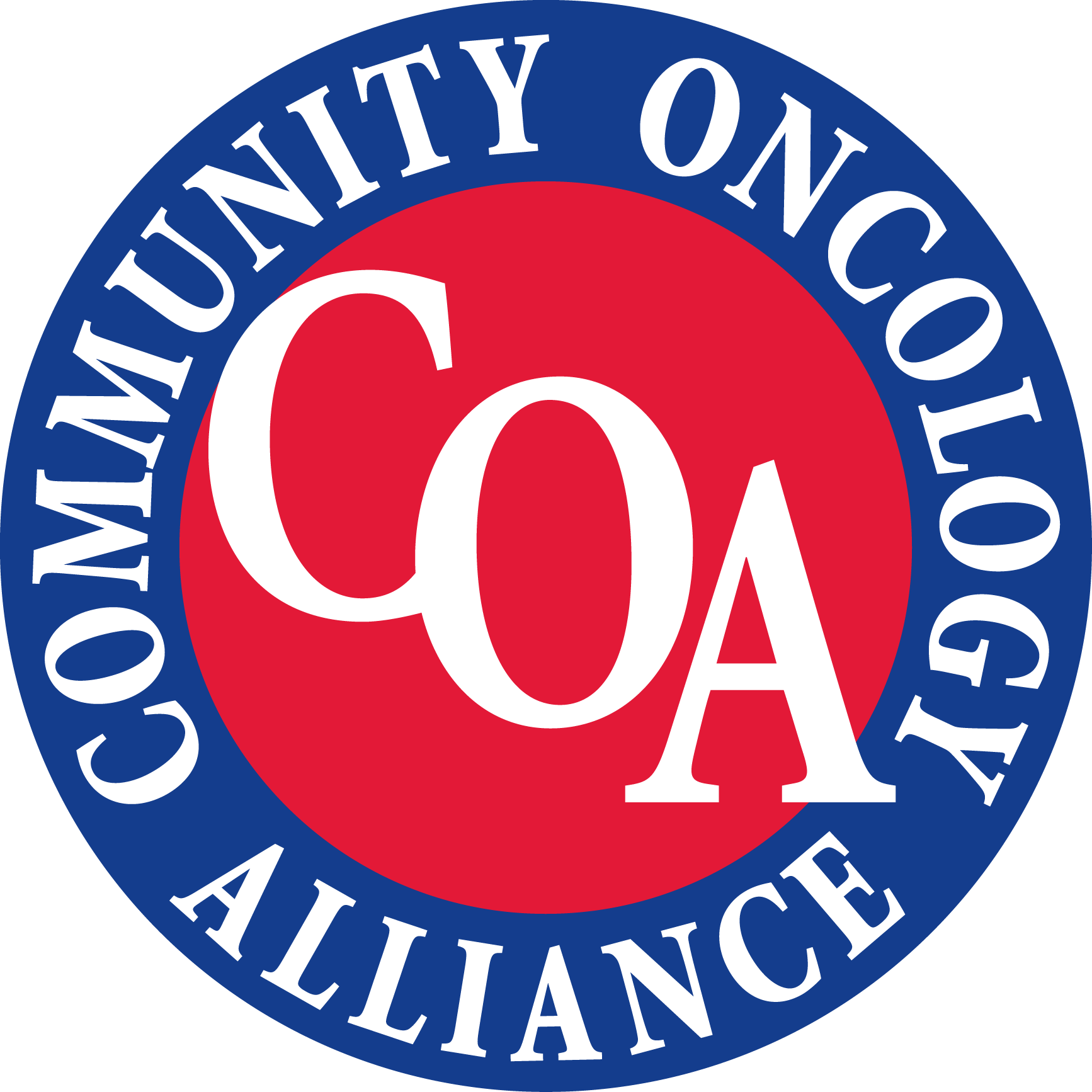
COA: Inflation Cut Value of Medicare Payments by 28% Over Decade

The effects of flat or reduced reimbursements alongside inflation have been quantified in a report by Avalere Health, prepared for the Community Oncology Alliance (COA.)
The value of Medicare payments to independent community oncology practices fell by at least 28% over the past decade, as the effects of inflation took their toll on reimbursement rates that were largely flat or even reduced, according to an analysis released October 5, 2023.1
Avalere Health conducted the analysis on behalf of the Community Oncology Alliance (COA), which advocates for community practices and has drawn contrasts between CMS’ payment policies toward their members and oncology reimbursement policies for hospitals.
The analysis examined the period from 2014 to 2023 and focused on the conversion factor in the Medicare physician fee schedule—a key factor that adjusts payments for procedures at independent practices. This factor has gone down by 5.4%, while inflation has increased by a compounded 28.4% over the same period.
“For example, in 2023, physician payment for a commonly used chemotherapy administration code is less than it was 10 years ago ($133 in 2014 and $132 in 2023), while the hospital rate has increased by 11% percent during the same period,” COA officials said in statement released with the analysis.2
“If the chemotherapy infusion reimbursement had kept pace with inflation, it would be $171 in 2023, but that would still represent about half the payment to hospitals ($333). Similarly, physician payment for non-chemotherapy IV infusion declined by almost 6% between 2014 and 2023, while hospital payment increased by about 20% percent over the same period.”2
Avalere analysts also examined infusion codes and found office payment rates fell by 7%, while hospital outpatient rates for these same services increased 27% on average over the decade. Finally, payments to physicians under Evaluation and Management, known as E/M codes, has fallen behind the rate of inflation despite an increase in 2021. Hospitals, meanwhile, have seen increases in these reimbursement rates, the analysis found.
In recent years, COA has highlighted multiple areas where CMS payment policies put community practices at a disadvantage relative to hospital oncology services. In addition to the billing codes, COA has highlighted hospitals use of the 340B Drug Pricing Program, which was set up to assist hospitals that primarily treated underserved patients. Over time, health systems that include a single 340B qualified hospital have relied on these facilities to purchase cancer drugs at discount, and then bill them at much higher prices across their systems, even if most clinics or facilities are located far from the underserved patient populations.
US Senator Bill Cassidy, R-Louisiana, a former physician, has been investigating the use of the 340B program through his role as the ranking member of the Senate Health, Education, Labor, and Pensions committee, following published reports on abuses by hospitals in Richmond, Virginia, and Cleveland, Ohio.3
References
- Avalere Health. 10-Year assessment of growth in payment for provider service codes. October 5, 2023. Accessed October 5, 2023.
https://bit.ly/3LPdi0e - Analysis shows payment for key community oncology services may lag inflation by at least 28%. News release. Community Oncology Alliance. October 5, 2023. Accessed October 5, 2023.
https://bit.ly/3ZLkcJl - Ranking member Cassidy opens investigation into hospital revenue generated by 340B program. News release. Senate HELP Committee. September 28, 2023. Accessed October 5, 2023.
https://bit.ly/3ZLjY4X
Newsletter
Stay ahead of policy, cost, and value—subscribe to AJMC for expert insights at the intersection of clinical care and health economics.









